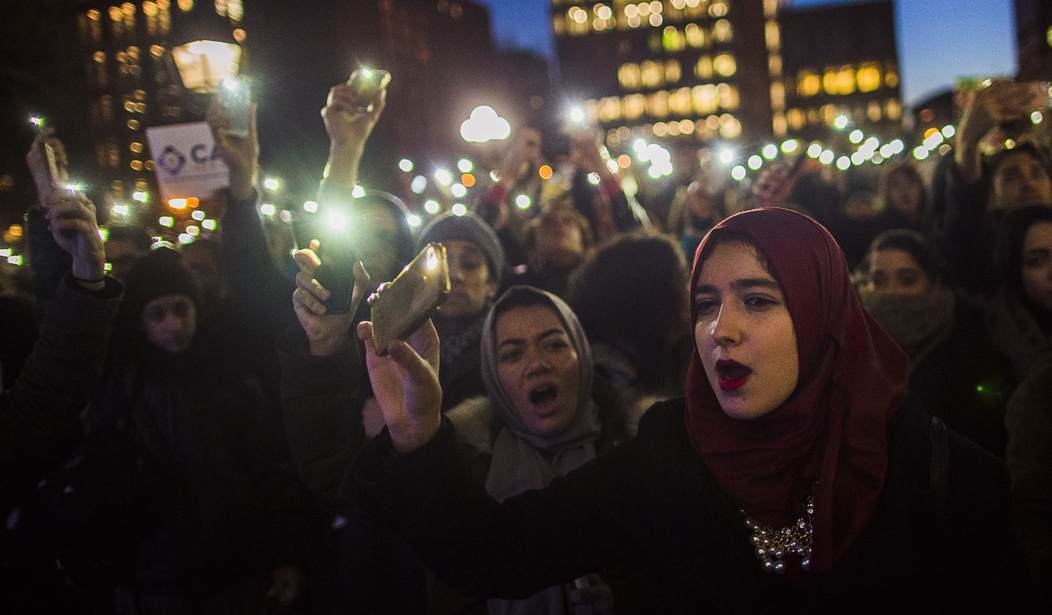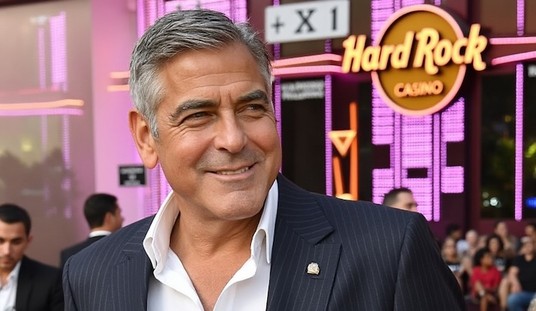Dave Aronberg, the Palm Beach County state attorney, told the Tampa Bay Times it is “the most insidious election scam that’s commonly exploited by our politicians.”
Political activist Andre Fladell put it more succinctly in 2012 when he told the Sun-Sentinel, “It stinks.”
What “it” is: a loophole that Fladell said “eliminates half the electorate through a dishonest act.”
And this year, just as they did in 2012, Democrats and Republicans have used this loophole to close the Aug. 30 primaries to voters of their parties. But this time, they signed up a record number of write-in candidates.
They are using people like James Bailey, a 28-year-old who is running for a state House seat in Vero Beach but lives 3 hours away in Clearwater.
The Tampa Bay Times reported Bailey is only one of 35 people who are serving as write-in candidates to close what should be open primaries.
While Bailey, who isn’t campaigning or raising any money and might even face fines for not filing all the paperwork needed, was not willing to talk about his motives, Christopher Schwantz was more than willing to express himself.
Like many of the write-ins discovered by the Tampa Bay Times, Schwantz doesn’t want to win the election. Schwantz told the NWF Daily News he just wanted to make the point that primaries are supposed to be closed, not open, as far as he is concerned.
“The system is set up that Republicans can elect Republicans and Democrats can elect Democrats,” he said. “I don’t want someone playing both sides of the fence.”
Voters passed a constitutional amendment in 1998 that said primary ballots with only one party represented should be open primaries, with no one barred from voting because of a little thing like party affiliation.
A Times-Union editorial noted that Secretary of State Katherine Harris wrecked that and opened the loophole in 2000 when she ruled a write-in candidate closed a primary, just as if a real candidate had entered his or her name on the ballot.
The Florida Supreme Court agreed that a write-in candidate who doesn’t spend a dime or a minute running for office is as good as someone who puts his heart, soul and wallet into the race.
The Times-Union editorial called it an “absurd decision” because there is a huge difference between regular candidates and write-in political contenders.
The difference is that while an actual candidate pays more than $1,500 for the privilege, all it costs a write-in is the time spent filling out paperwork. And, get this: there is no residency requirement.
So, savvy political consultants have been recruiting write-in candidates who live miles from a state senate or house district and are willing to run on paperwork only for a quick payday.
And now the kicker: Democrats or Republicans who show up to vote in the other party’s primary, figuring since no other names are on the ballot that it is an open primary, are told by poll workers that it is closed because there are write-in candidates.
“There’s going to be some very upset people when they go to the polls and are told, ‘You can’t vote,'” said Rev. Dale Glading, a Baptist minister who is running for office in the Aug. 30 primary as a real candidate. “It’s legal. But it’s not ethical.”
Even though a write-in candidate has never won an election in Florida, they have been victorious as far as the politicians who hire them are concerned.
The Tampa Bay Times reported write-ins had closed elections to 1.6 million voters in Florida since the Harris and Florida Supreme Court decisions.
There are two ways to correct this. The legislature could change the law. Right. That would mean politicians who benefit by the loophole are going to be asked to close the legal gap.
Aronberg tried but failed to do that while serving as a state senator.
“It benefits politicians at the expense of the voters,” Aronberg said. “It harms our democracy. It makes people less likely to vote because it creates more cynicism on the political process.”
So, Florida needs a Plan B. That could come in the form of a constitutional amendment, and as luck would have it, the Florida Constitutional Revision Commission is going to look at possible state constitutional amendments soon for the 2018 ballot.
Nothing has been proposed yet, but the Times-Union editorial board called on the commission to “do its duty and close the loophole.”
There could also be a Plan “C.” Senior Judge Richard Townsend dismissed a lawsuit Aug. 4 in which the plaintiffs charged Kenny Leigh was running in the state attorney’s election only to keep Democrats from voting in what had become a GOP primary.
Townsend said he had no choice given the previous Florida Supreme Court decision. But Samuel Jacobson, one of the attorneys who took this case to Townsend’s court, promised to appeal.
Until that happens, both Democrats and Republicans have learned to live with, and profit by, the write-in loophole.
Christopher Schwantz said that he is doing more than just blocking Democrats from the District 4 GOP primary out of altruistic philosophical concerns.
He had also contributed to the campaign of one of the Republican candidates, Jonathan Tallman, who coincidentally complained about Republicans courting Democratic votes before Schwantz’s write-in candidacy closed the primary.
“I think he’s the best candidate,” Schwantz said, “if it wasn’t me.”









Join the conversation as a VIP Member